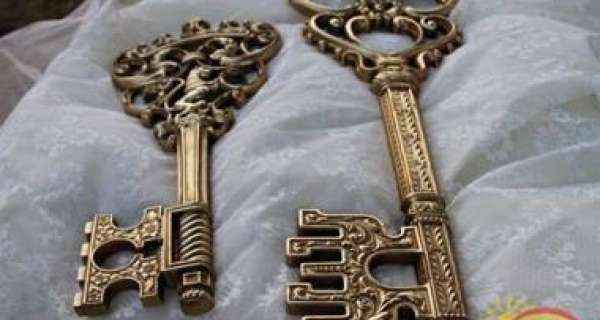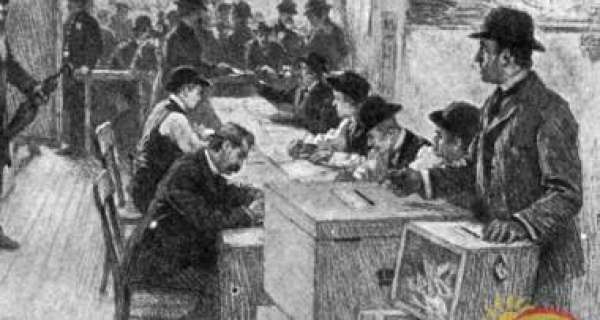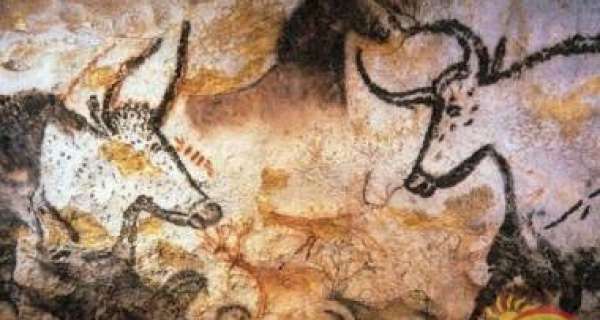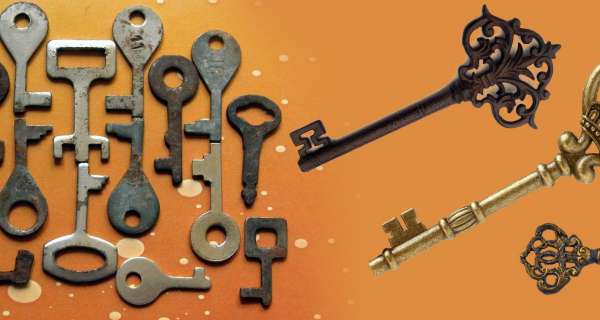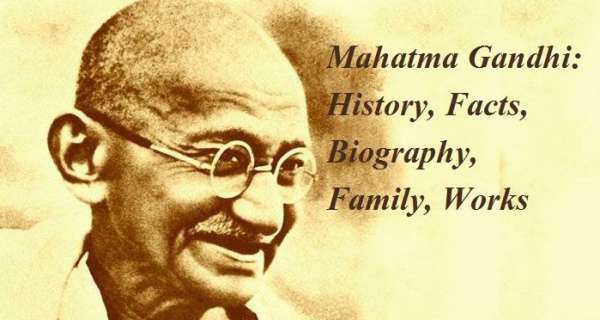After many centuries man learned to write down what he knew. In this way, he could save up more knowledge and pass it on to his children and grandchildren.
Once systems of writing had been invented, schools began. The earliest schools we know about were in Mesopotamia and Egypt three thousand to four thousand years ago.
So schools were started to pass on knowledge and to help prepare young people for living in the world. But the way society was set up in most places in ancient times, it was felt that schools and a good education were not for all young people. In Egypt, for example, there were higher levels of education for young men who were going to be priests, government officials, architects, or doctors. Only a very few young men received this much education.
Another ancient people, the Hebrews, had a long tradition of education. When they were an independent nation, the father of each family taught his sons the history of their people, their laws, and their religion. Later, when the Hebrews were conquered by outsiders, they were afraid that their own customs and beliefs might be lost. They set up formal schools where everybody, rich or poor, was taught the language, the religion, and the history of the Jews. This was probably the first time in human history that formal education was given to rich and poor alike.

